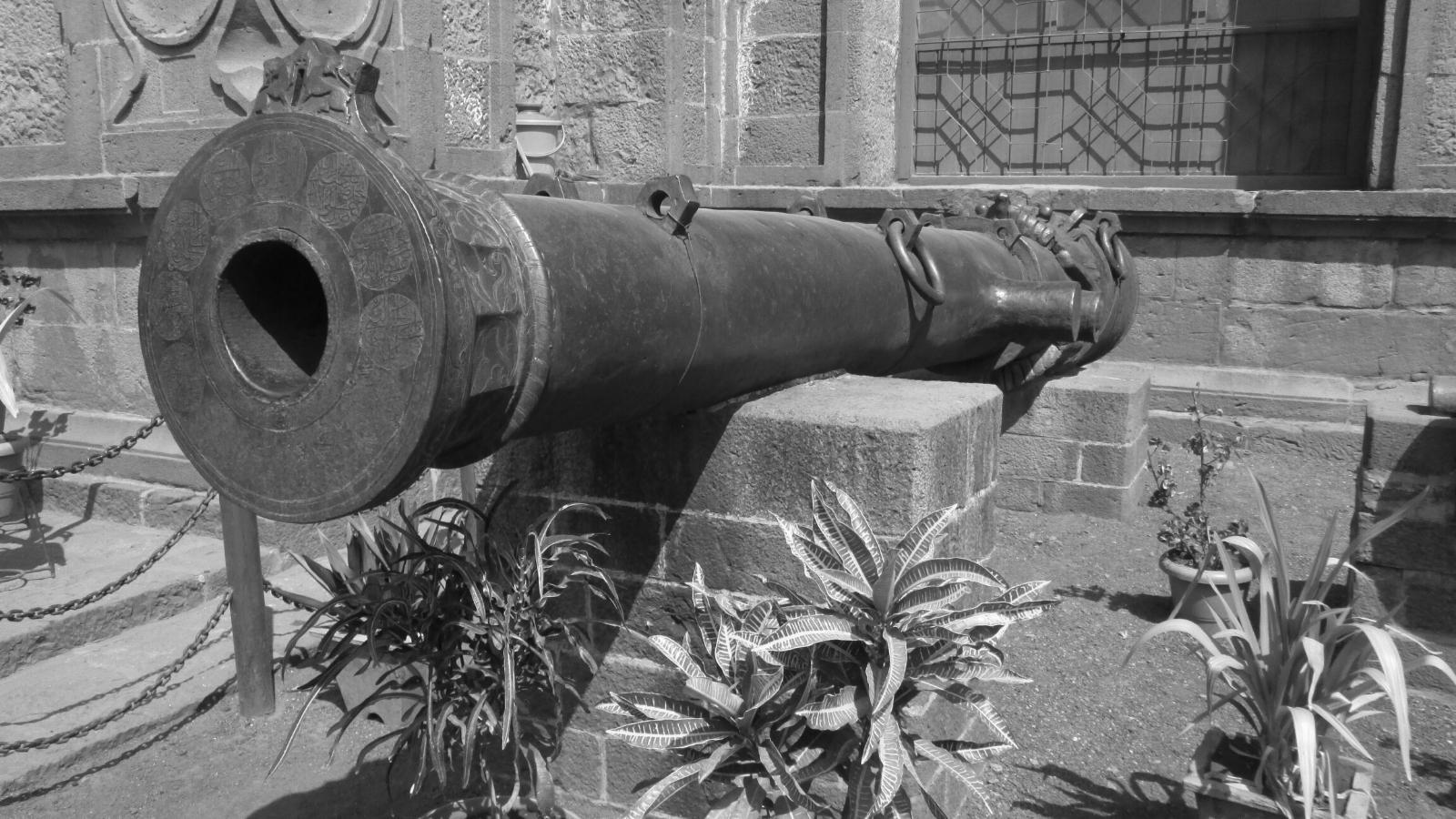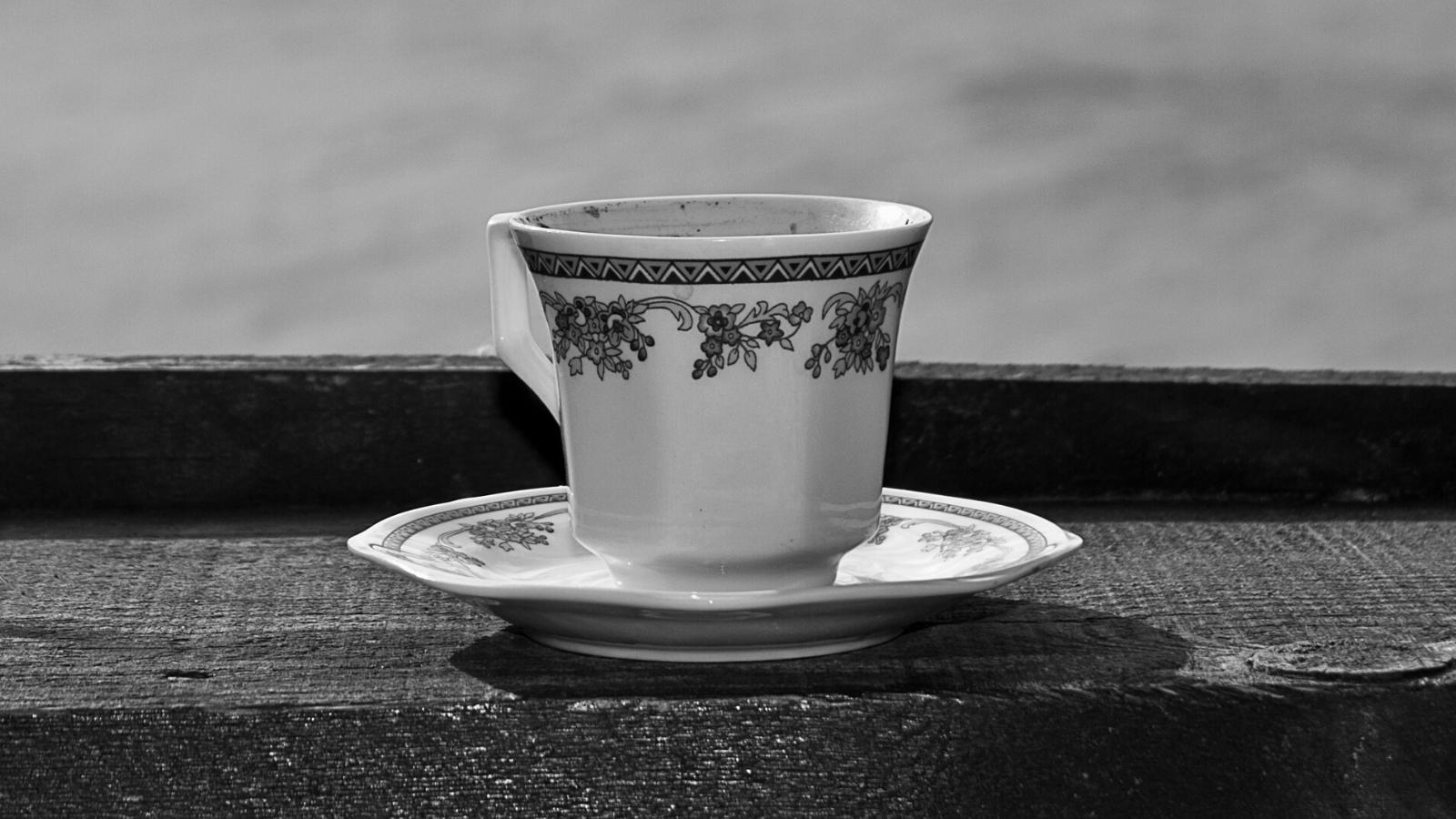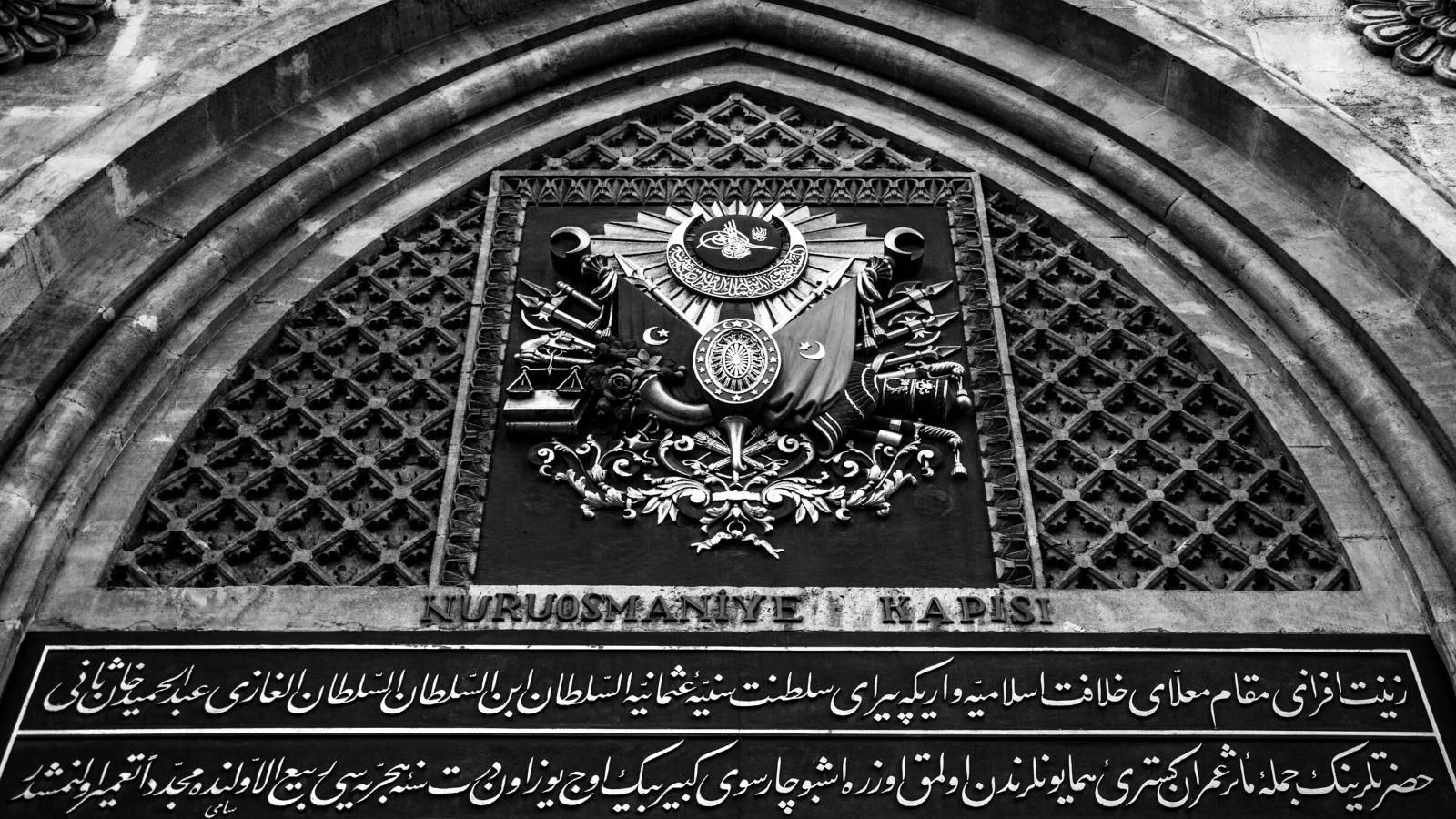What Did the Ottoman Empire Invent? Did the World Benefit From It?
Ottoman Empire inventions included equipment used for medical surgery such as forceps, scalpels, and lancets. They also made valuable contributions to education, military, and mining technology. Some of their inventions are still in use today.
So let’s go ahead and inform you of the Ottoman Empire's greatest achievements.
What Did the Ottoman Empire Invent?
The Ottoman Empire, which lasted for 600 years, had invented things the world had never witnessed before. The empire conducted advanced research and made inventions that are still in use today.
These Ottoman inventions sustained the empire right from its onset until its collapse. Other civilizations also drew inspiration from Ottoman technology to better their lives.
The Ottomans Invented the Basilica Canon
The Ottoman Empire military technology included a large cannon designed by Orban called the Basilica Cannon. Orban was a military engineer who lived in Hungary at the time. At first, he tried selling the cannon to emperor Constantine IX of the Byzantine Empire. However, Constantine IX couldn’t afford the price of this weapon.
So, Orban turned his attention to the Ottoman sultan, Mehmed the Conqueror. Mehmed purchased the cannons and used them against Constantinople in 1453. The guns overran the walls, and Mehmed gained access to the city. Mehmed eventually won the battle and took over the city in 53 days.
The Ottomans Invented, Designed, and Cast the Dardanelles Gun
The Ottomans also designed the Dardanelles Gun. The Dardanelles Gun was an enormous cannon that was effective at bringing down enemy walls and defenses. Designed by Munir Ali of the Ottoman Empire, it weighed over 1,984 pounds. Munir Ali, a military engineer, created the cannon for easy transport by detaching the barrel and powder chamber.
The Ottomans used the Dardanelles Gun in many of their conquests. One notable conquest was the siege of Salonica in 1430. The super-sized cannon was also employed in the 1453 siege of Constantinople. For over 340 years, many armies around the world used the Dardanelles Gun in their campaigns.
Other Military Achievements by the Ottomans
The Ottoman Empire achieved several milestones in military organization and warfare. More notably, they came up with concepts and were among the first to try certain weapons. These served as inspiration for several armies throughout history.
The Ottoman Empire Was the First in Europe to Use A Standing Army
The Ottomans came up with the concept of a modern professional army and were the first to use one. The soldiers in the army received salaries for their efforts, and the army itself had different units and ranks, each with its commander. Moreover, the professional army was instrumental in the rise of the empire.
The Ottomans Used the Harquebus
The Ottomans were among the first to use the Harquebus; a gun fired from the shoulder. It was the first handgun to be used in warfare. Also known as hackbut, the weapon was a matchlock, and its end was like a rifle. The Harquebus was the predecessor to the musket.
The Ottoman Empire Achievements in Mechanical Technology
Apart from the military, the Ottomans also made immense contributions to mechanical technology. The brain behind the Empire’s mechanical revolution was Taqi al-Din. Taqi al-Din wrote many books in different fields, including astronomy, math, and natural philosophy. His efforts were widely recognized throughout the empire and the ancient world.
The Ottoman Empire Invented A Six-Cylinder Monoblock Water Pump
In 1550, Taqi al-Din designed a device for pumping water that had six cylinders. The pump was powered by water and had other parts. These included piston rods, delivery pipes, and lead weight.
Furthermore, it proved a remarkable invention as it helped with water supply to cities in the empire. Many historians believe that Taqi al-Din’s invention led to the discovery of the steam engine.
Taqi al-Din Designed Mechanical Clocks for the Ottoman Empire
Among the achievements of the Ottoman empire was the invention of the mechanical astronomical clock. Astronomers used astronomical clocks to indicate the positions of celestial bodies like the sun, moon, and planets. Taqi al-Din programmed his creation to set off an alarm at a specified time.
Alarm clocks were not new, but a user could set Taqi al-Din’s clocks to go off at a specific time. He was able to achieve this by putting a peg close to the dial wheel.
When the dial would to the specified time, the peg set off a ringing gadget. The mechanical clock was also capable of indicating hours, minutes, and seconds. Thus, it could tell the specific time of day.
This was a significant breakthrough because mechanical clocks at the time were not accurate. Thus, they couldn’t be relied on for correct astronomical data. However, the Ottoman’s invention of the mechanical clock meant that the world could record accurate astronomical information.
The Medical Inventions of The Ottoman Empire
The Ottomans contributed a lot to modern science by inventing some surgical instruments. These instruments included forceps, scalpels, and catheters. At first, surgeons used bamboo shoots, shells, and sometimes fingernails as surgical knives. The modern scalpels, pincers, and lancets were the direct successors of the ones invented by the Ottomans.
The Ottomans' Achievements in Medical Care
As we mentioned before, the Ottomans invented some surgical instruments, but that was not all. They also inspired modern medical science by establishing health centers. Some of these health centers provided free treatment and drugs to help treat patients.
Ottoman Empire Inventions: Health Centers
They divided their health centers based on the sex of the patients. More specifically, the Ottomans separated men from women and had doctors attend to them separately. They also adopted the holistic approach to treatment. They believed that when a person was sick, it affected the total being, including the physical and spiritual aspects.
Ottoman Empire Inventions: Mental Health as Part of Medical Care
The Ottomans also considered the mental well-being of the patient. As such, they grouped workers based on the aspect of the patient’s health. The medical doctors treated the physical parts of patients while they hired musicians to help with mental ailments.
Ottoman Empire Inventions: Curing Illnesses With Food and Drinks
Other treatment methods that they used included the use of food and beverages to cure illnesses. The Ottomans were also among the first to use coffee for medicinal purposes. They used it as a laxative and to treat tiredness.
Ottoman Empire Inventions: Doctor-Patient Relationships and Training Female Physicians
They improved doctor-patient relationships by having the physicians treat patients with gentility and respect. The physicians also included other forms of treatment, including religious and mechanistic humoral medicine. Though most of the physicians were male, the Ottoman Empire also trained female physicians.
The Ottomans’ Contributions to Geography
The Ottomans wrote geographical literature from the 1500s that contained accurate information about the world. Their foremost geographer, Piri Reis, drew maps and charts, which were used for the concept of Copernican heliocentrism.
This was the result of the work of the French astronomer Nicolaus Copernicus. Ibrahim Efendi translated Copernicus’ work which sparked Ottoman interest in astronomy.
The Ottomans’ Contribution to Technical Education
The Istanbul Technical University had its beginning in the Ottoman Empire. Established in 1773 by Sultan Mustafa III, the idea was for the school to train cartographers and shipwrights. Later down the years, the school began training technical military staff. Then, in 1845, the Ottomans expanded the school to include the training of architects.
The school produced lots of intellectuals whose ideas led to the expansion of the empire. Many technical schools around the world took inspiration from the Istanbul Technical University. More notably, the school produced two presidents and prime ministers of Turkey.
Summary
In a nutshell, we’ve looked at the Ottoman Empire's contributions and their impact on the world.
Here is what we’ve read so far:
The Ottomans invented several devices that impacted various aspects of life
Some of the inventions include surgery instruments such as pincers, lancets, and catheters
The Ottomans also invented the mechanical astronomical clock, which had accurate calculations
The Ottoman Empire invented the Dardanelles Gun, which established them as a fearsome military force
An engineer in the Ottoman empire, Taqi al-Din, invented a six-cylinder water pump
The Ottomans also made valuable contributions to health care, education, and warfare
They improved the study of astronomy by constructing one of the biggest observatories in the world
The Ottoman Empire’s contributions have not only helped them but have influenced modernity. But, unfortunately, the empire finally came to an end in 1923 after a series of conflicts with the Allied Forces, even though their legacy still lives on.













